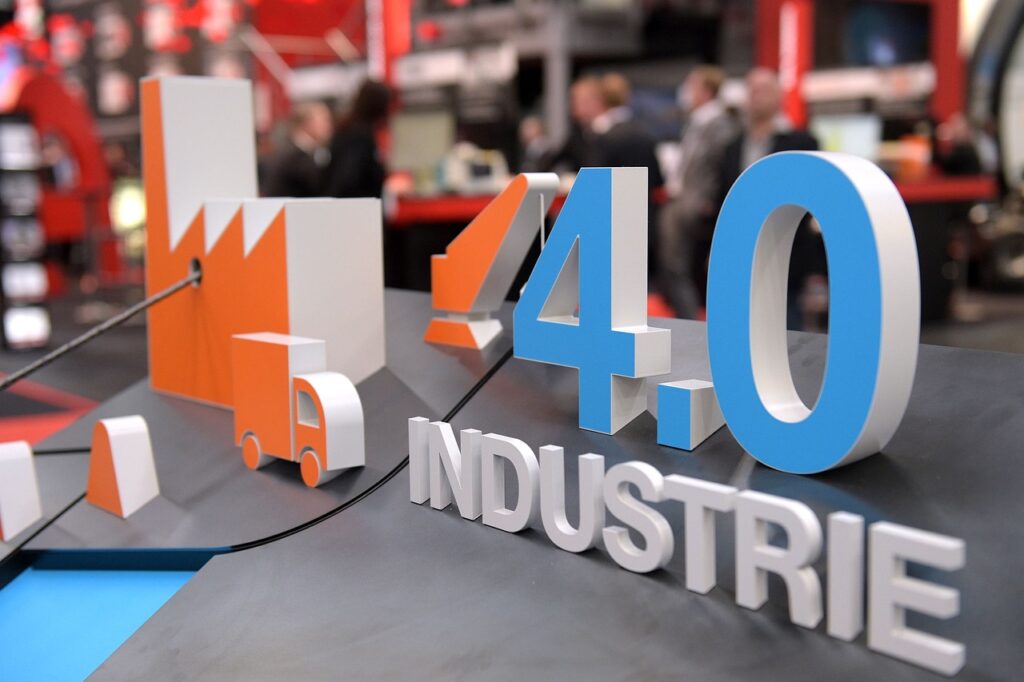The Fourth Industrial Revolution, 4IR, or Industry 4.0, conceptualizes rapid change to technology, industries, and societal patterns and processes in the 21st century due to increasing interconnectivity and smart automation. The term has been used widely in scientific literature,[2][failed verification] and in 2015 was popularized by Klaus Schwab, the World Economic Forum Founder and Executive Chairman. Schwab asserts that the changes seen are more than just improvements to efficiency, but express a significant shift in industrial capitalism.
A part of this phase of industrial change is the joining of technologies like artificial intelligence, gene editing, to advanced robotics that blur the lines between the physical, digital, and biological worlds.
Throughout this, fundamental shifts are taking place in how the global production and supply network operates through ongoing automation of traditional manufacturing and industrial practices, using modern smart technology, large-scale machine-to-machine communication (M2M), and the internet of things (IoT). This integration results in increasing automation, improving communication and self-monitoring, and using smart machines that can analyze and diagnose issues without human intervention.
It also represents a social, political, and economic shift from the digital age of the late 1990s and early 2000s to an era of embedded connectivity distinguished by the omni-use and commonness of technological use throughout society (e.g. a metaverse) that changes the ways humans experience and know the world around them.[6] It posits that we have created and are entering an augmented social reality compared to humans’ natural senses and industrial ability alone.


